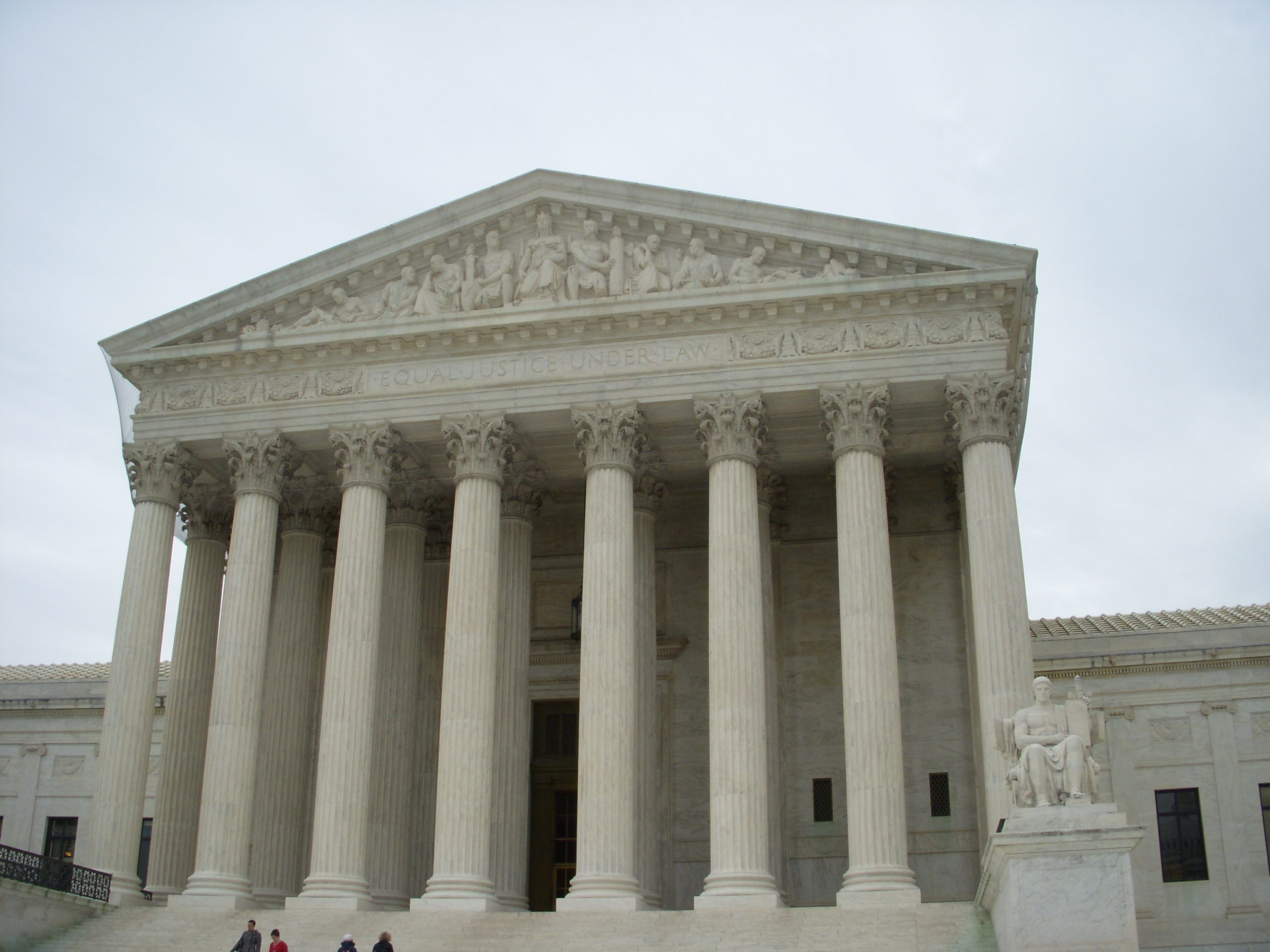In a landmark decision, the U.S. Supreme Court recently ended its practice of deferring to agencies’ legal interpretations, which will have a substantial impact on the National Labor Relations Board (NLRB). This ruling marks a fundamental change in administrative law, reducing the liberty previously given to agencies like the NLRB in interpreting the laws they enforce.
The Chevron doctrine, a rule established by the1984 U.S. Supreme Court’s decision in Chevron v. Natural Resources Defense Council, shielded federal agencies, allowing them to enforce rules that aligned with their statutory mandates without frequent court involvement. This gave the NLRB flexibility in establishing policies related to labor disputes and collective bargaining rights. However, the Supreme Court’s latest decision reduces this deference, emphasizing that courts must independently evaluate statutory interpretations rather than automatically adopting the agencies’ views.
Experts predict that this shift could lead to increased scrutiny of the NLRB’s policies in future legal challenges.
The implications go beyond procedural changes. Steven Bernstein, co-chair of Fisher Phillips’ labor relations practice, suggested that the ruling could significantly impact challenges to the NLRB’s decisions, potentially leading to a more thorough examination of its policies and reducing the frequent shifts influenced by changes in political administrations.
While the Supreme Court’s decision upholds the NLRB’s past decisions, it indicates that future board rulings may face stricter judicial scrutiny. Bernstein cautioned that without Chevron Deference, courts in different jurisdictions may take varying views on how the board exercises its authority.
Moreover, the ruling reflects a broader trend of reevaluating how much deference courts should give to administrative agencies, a trend seen in recent Supreme Court decisions. Nick Ohanesian, an adjunct professor at Michigan State University College of Law and former NLRB attorney, emphasized that the decision intensifies existing scrutiny over the NLRB’s policy choices, urging the board to strengthen its justifications for decisions.
Looking ahead, the full impact of this ruling on the NLRB’s operations remains to be seen.
